Read the 2020 instalment of the VCPs bi-annual research report “The State of Vaccine Confidence in the EU & UK,” which monitors public attitudes to vaccines across the continent.
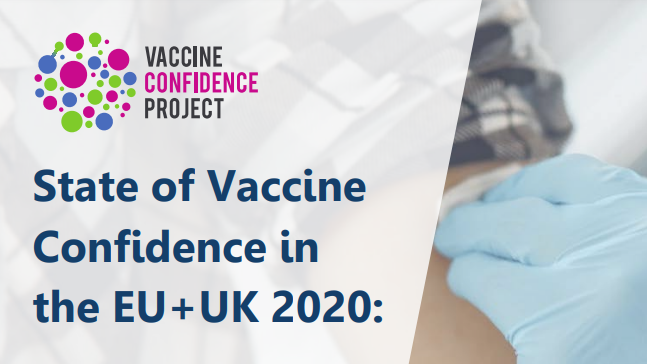
The Vaccine Confidence Project publishes a variety of technical and interactive reports to illustrate and disseminate our findings.

Read the 2020 instalment of the VCPs bi-annual research report “The State of Vaccine Confidence in the EU & UK,” which monitors public attitudes to vaccines across the continent.
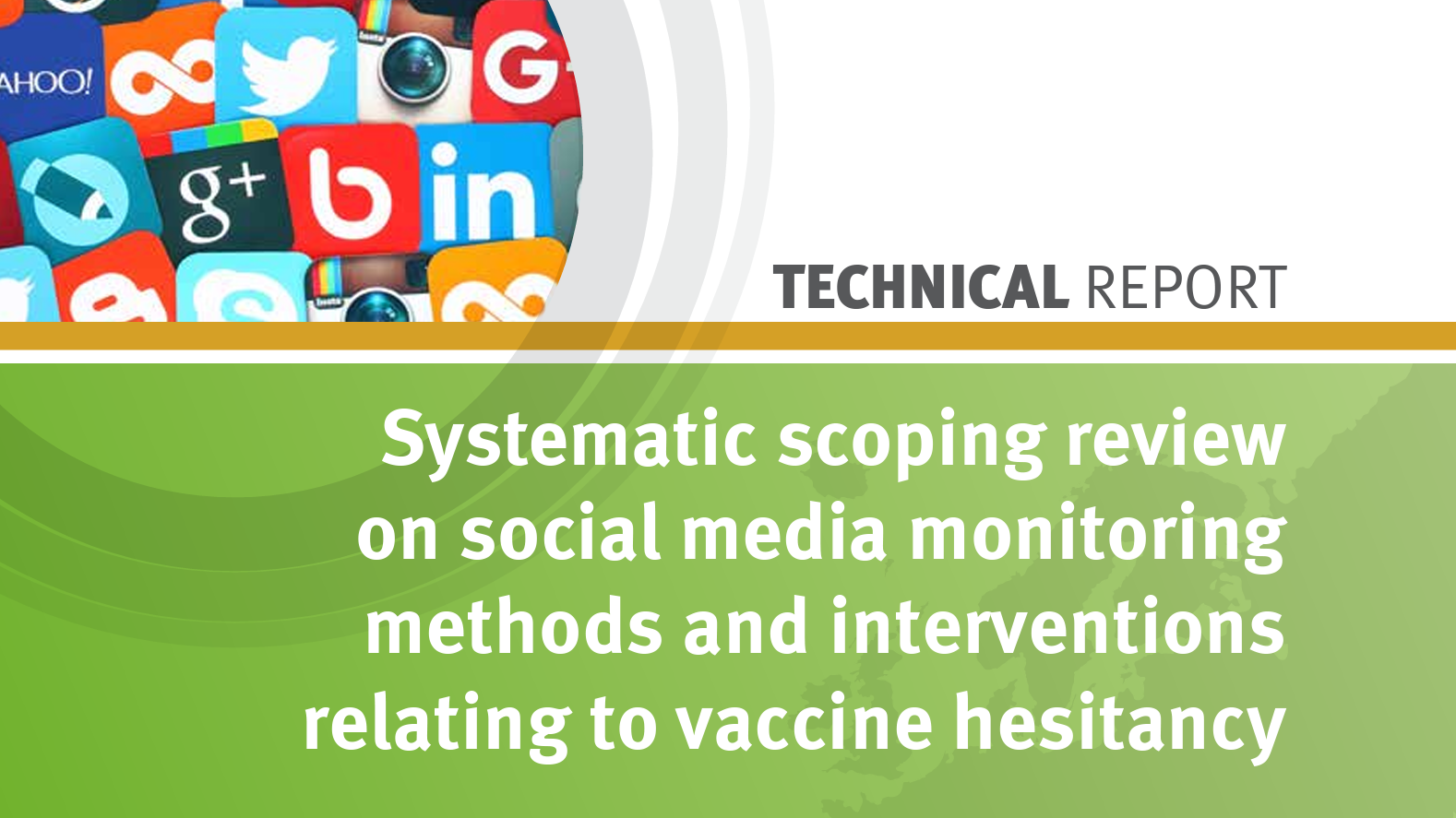
The Vaccine Confidence Project™ conducted a systematic scoping review to identify and summarise tools and methodologies that have been used to monitor social media around vaccination.

This report outlines the methods and the findings of the VCP’s research, which was conducted to support The Learning Network for Countries in Transition countries in assessing and addressing their vaccine hesitancy issues and in building vaccine confidence capabilities.
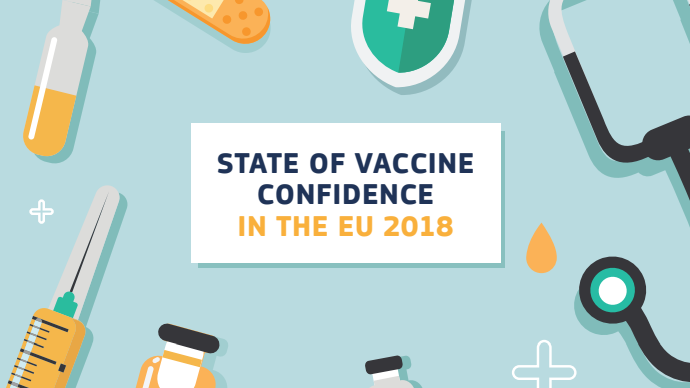
In this first instalment of the VCPs bi-annual “State of Vaccine Confidence in the EU” report, we found public perceptions towards vaccines are largely positive.
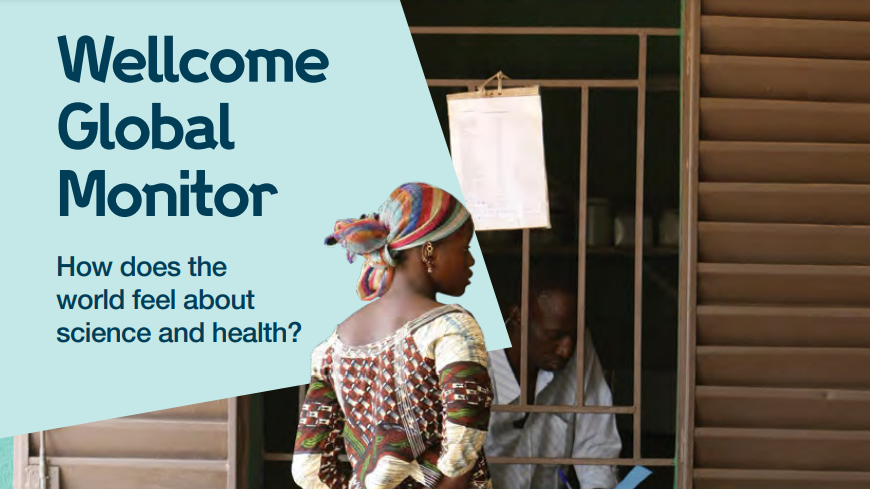
The central importance of vaccines to global health is why we devoted a question series in the Wellcome Global Monitor to understanding people’s attitudes towards vaccines around the world. The Monitor found that globally, eight in ten people (79%) somewhat or strongly agree that vaccines are safe, while 7% somewhat or strongly disagree.
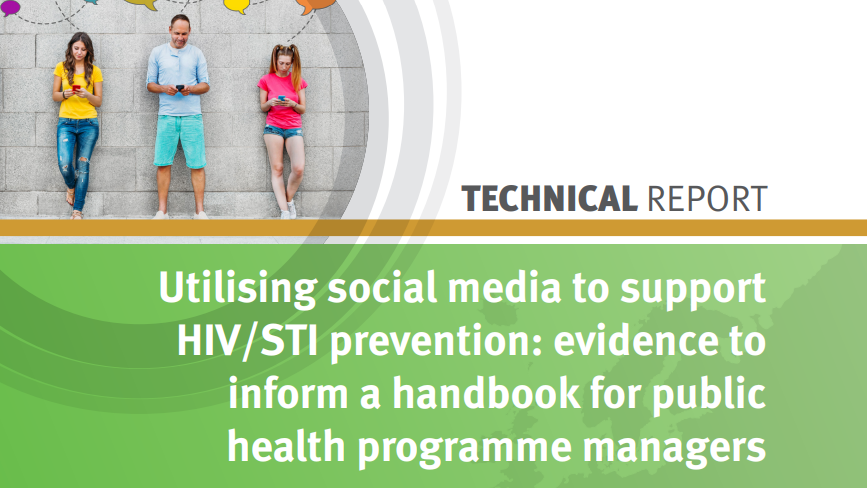
This report frames social media as an important tool not only to communicate, but also to monitor topics of discussion, prevalent sentiments, and define the characteristics of social networks among young people around different topics.
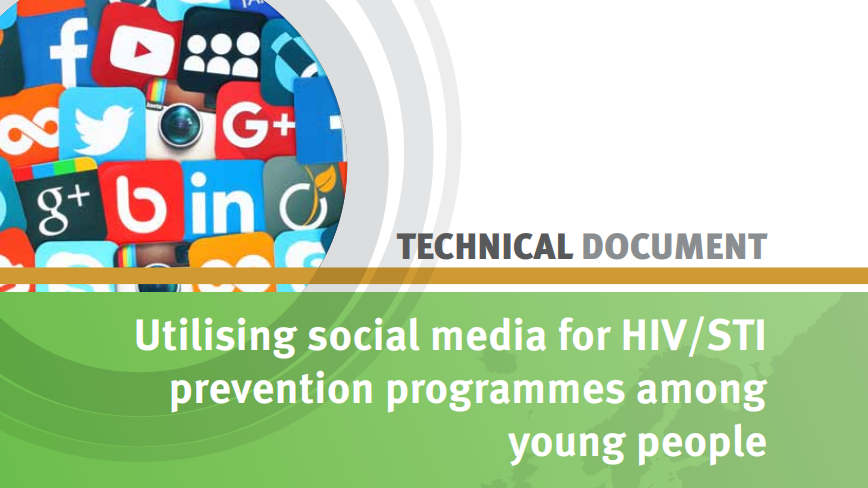
The target audience for this handbook includes public health programme managers working on and with STI/HIV prevention programmes for young people in EU/EEA countries.
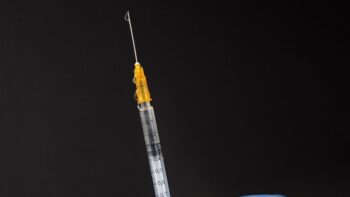
This report provides guidance for public-private collaborations (PPCs) on developing communication strategies on vaccine benefits and risks (BR), following a 4-step model.
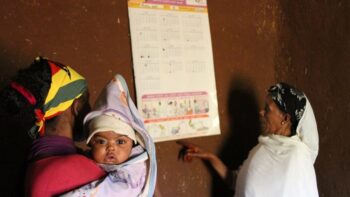
The International Rescue Committee, in partnership with the VCP conducted a formative evaluation to assess the impact of an integrated community engagement strategy in addressing low and stagnating immunisation coverage.
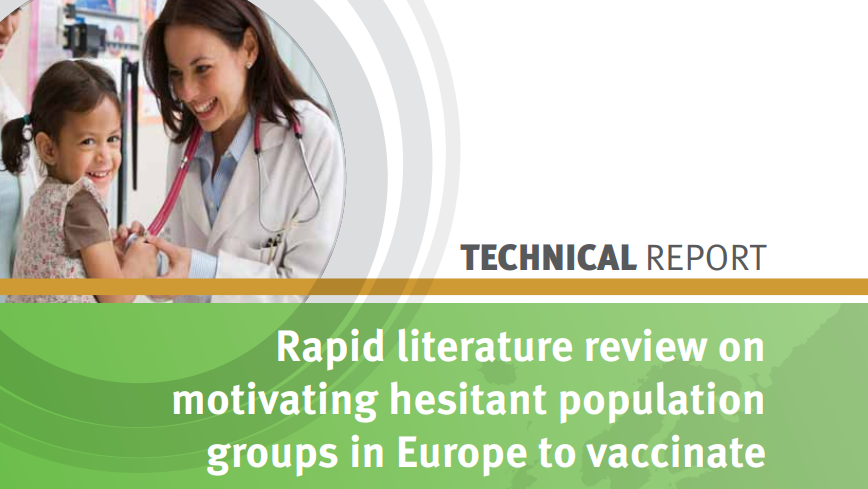
This rapid literature review on motivating hesitant population groups in Europe to vaccinate focuses on identifying hesitant populations and what the enablers and barriers to vaccination uptake are for them.
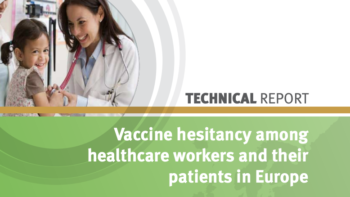
Technical report for ECDC reporting the findings from a qualitative study on healthcare professionals’ confidence in vaccination.
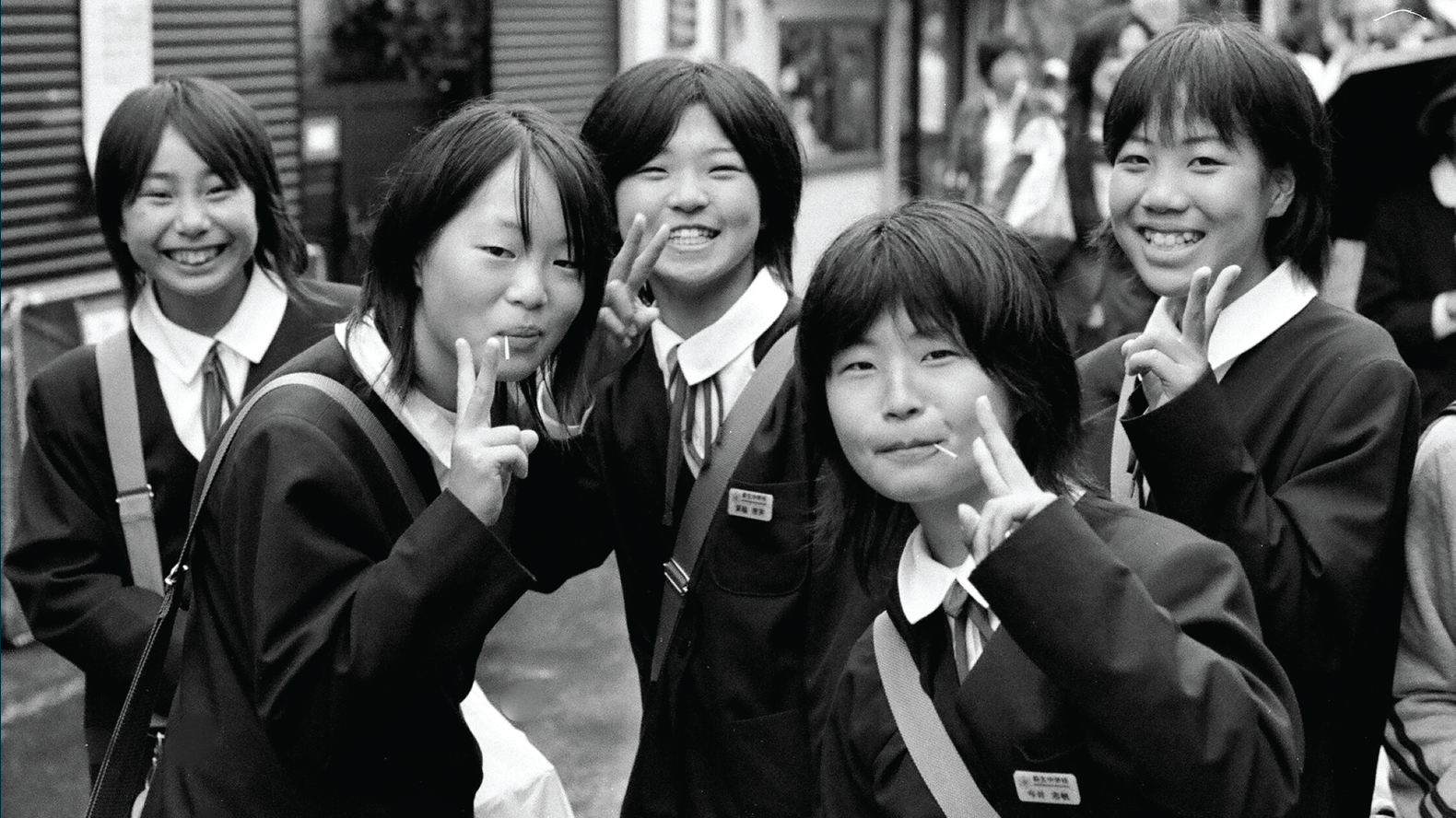
In this report, we outline major events with regards to the HPV vaccine controversy in Japan since May 2014.